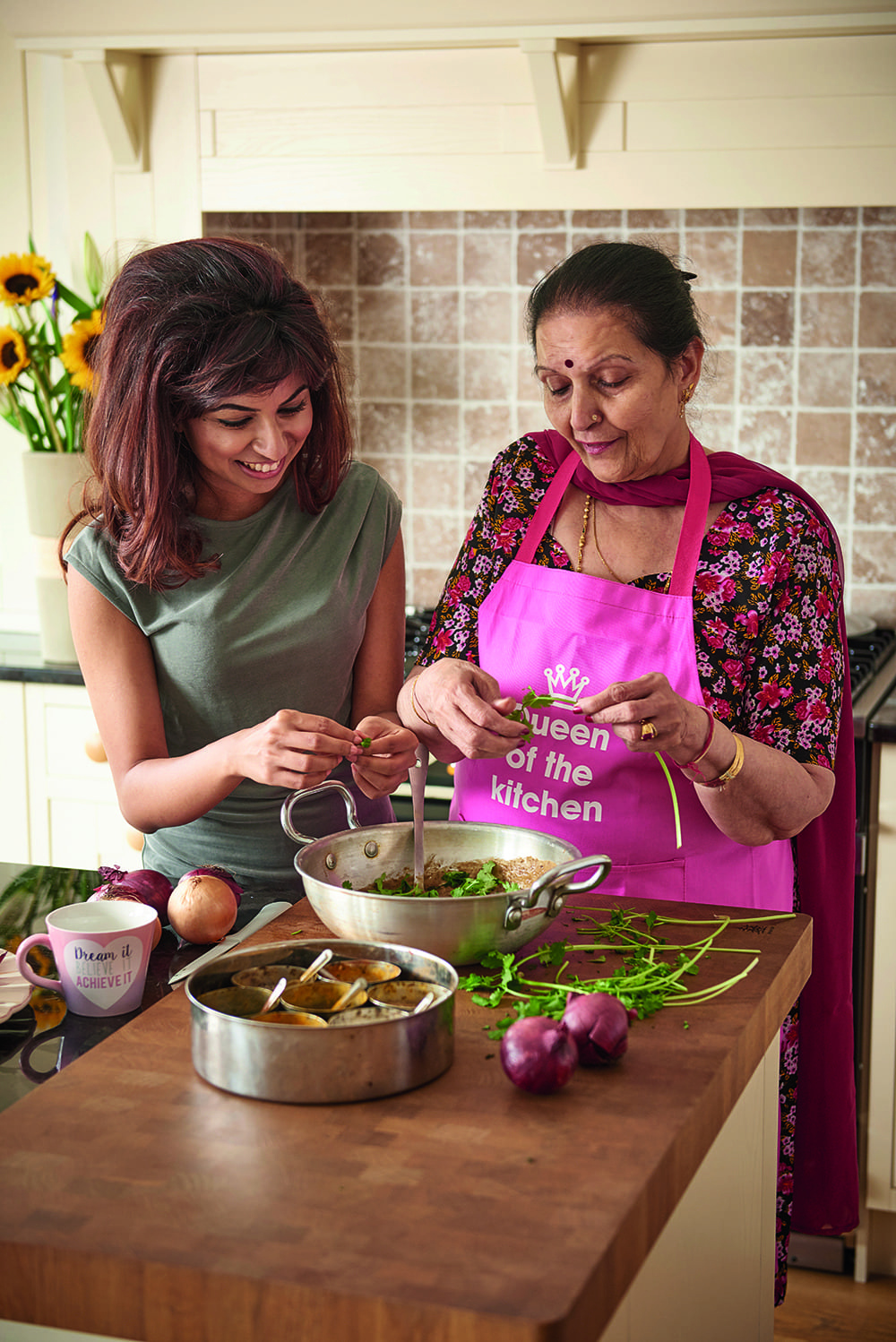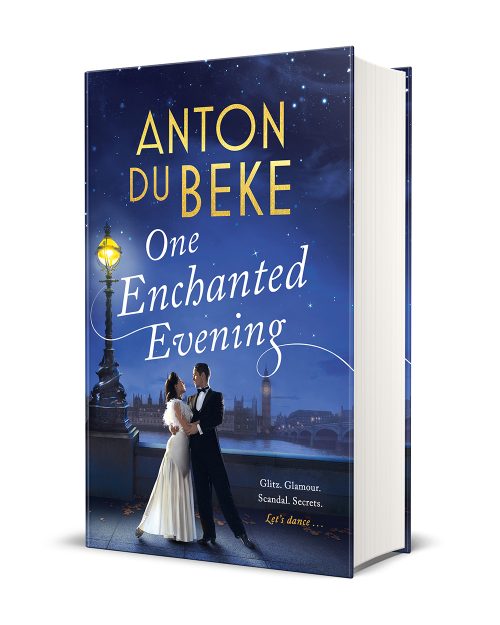How do dadimas aka grandmothers self-care?
Can you remember the last conversation you had with a grandmother? What was their attitude towards stress, mental health and self-care? As part of my dadima’s (translated as grandmother’s) project, I’ve interviewed Indian grandmothers for my memoir cookbook, where ‘ordinary’ women (‘extraordinary’ in my view) share their culinary stories and life wisdom, along with some of the challenges they’ve faced. Over several cups of masala chai, and wholesome home-cooking, we talked about everything under the sun. Here are five of their inexpensive wellness tips, that I’ve found helpful in my life.
1. Frame your ‘problems’ through talking and listening
Grandparents can shed light to a ‘problem’, through simply sharing their life experiences. Inter-generational conversations have helped me to put my ‘problems’ into perspective, as the grandmothers had the benefit and wisdom of hindsight, even if their younger lives were very different. Talking and listening are free therapy.
2. Keep your mind calm by thinking good thoughts
Easier said than done, but the grandmothers stressed this. Even if someone had wronged them, they would wish them well, and see the experience as a valuable life lesson for the future. Several grandmothers shared stories of things ‘going wrong’ in life, and the effect of those on their mental and physical health. For example, their stories of migration from India to the UK.


3. Make time for gratitude, meditation, and stilling the mind. Whilst mindfulness, meditation, yoga and gratitude, have now become ‘trendy’ concepts, the grandmothers that I spoke to have practiced it for years. They were either religious or spiritual, and their faith gave them a sense of stillness. They focus on what they have, rather than the culture of ‘I want…’.
4. DIY beauty & wellness remedies
Ayurveda is said to be the world’s oldest, holistic healing system which originates from India. In recent years, it’s become trendy in the UK, in a culinary and wellbeing context (for example, with the popularity of turmeric). The Indian grandmothers I interviewed, are like walking encyclopaedias of wellness remedies, including face and hair masks, and cleansing drinks – tricks that I have grown up with, at a fraction of the cost of commercial products.
5. Make home-cooking a lifestyle
Cooked from scratch, using the best ingredients you can afford. They made the most from the ingredients they had, and made them go far – for example, a big pot of nutritious daal.
For them, home-cooking was a part of their lives. They are no Michelin-star chefs, but their cooking speaks from the heart and is real soul food. See my instagram page and cookbook, for delicious, heritage recipes and time-saving tips.
Anneeka Ludhra is the founder of dadima’s heritage food & lifestyle brand, and author of the dadima’s cookbook. Dadima’s celebrates culinary and life wisdom from elders – particularly grandmothers. Anneeka is looking to interview more grandmothers (and any interested grandfathers) for her 2019 dadima’s project.

Please contact anneeka@dadimas.co.uk if you are a grandmother or grandfather who would like to get involved.
Instagram: @_dadimas
Facebook: dadima’s
Website: www.dadimas.co.uk




